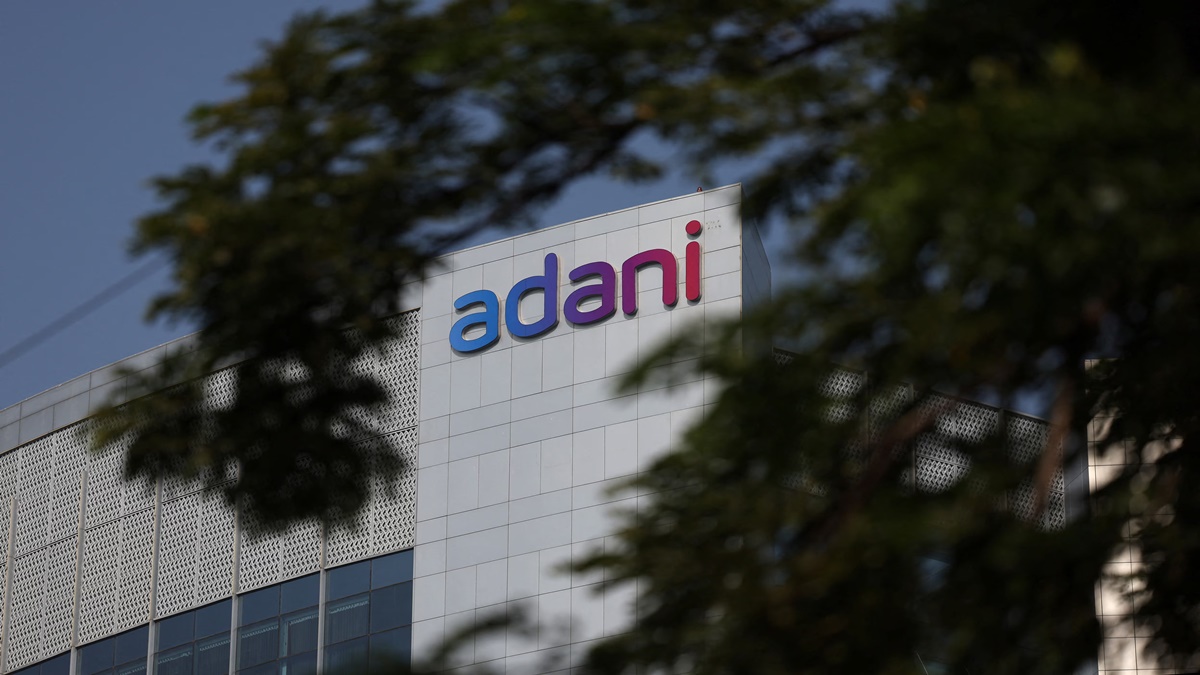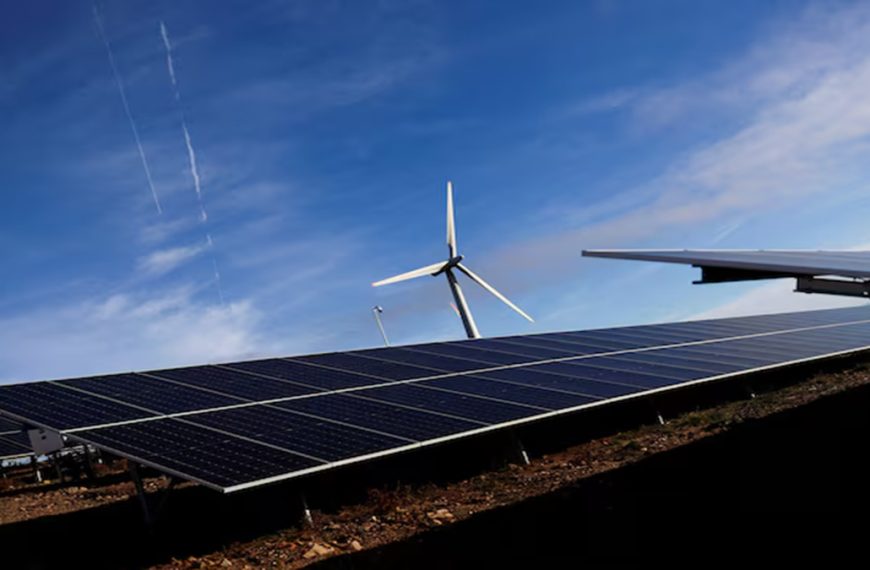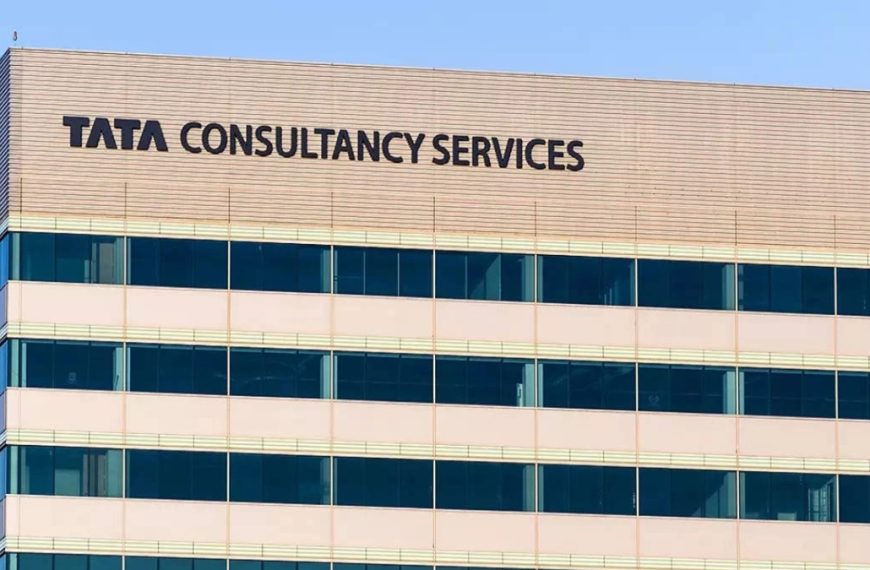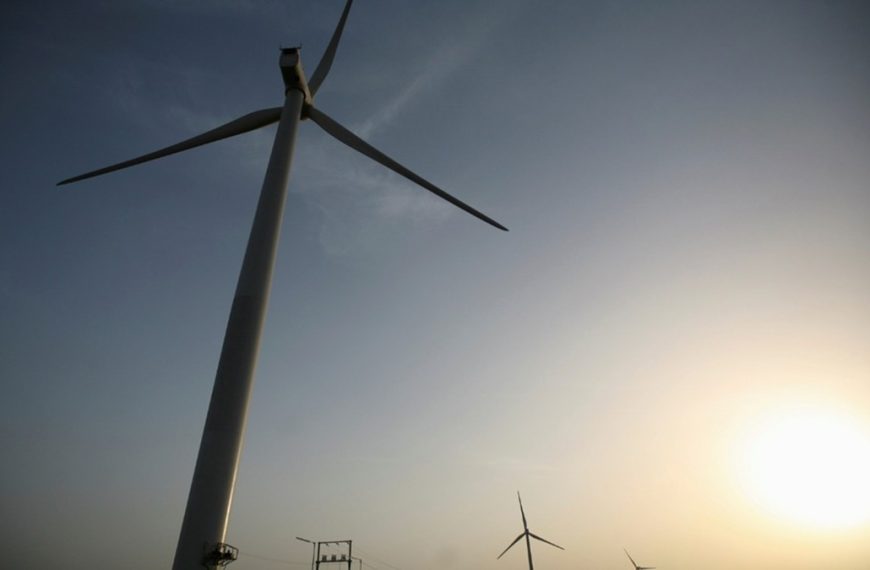Adani Energy Solutions Limited (AESL) is poised for significant growth in its earnings before interest, depreciation, and amortization (EBITDA) thanks to its smart metering initiatives. Analysts and rating agencies are optimistic about AESL’s potential to enhance its profitability by leveraging smart meters, which provide the capability to monitor and forecast power consumption patterns across various micro-geographies, thereby streamlining retail distribution.
AESL’s Market Position and Growth Potential
Currently, AESL commands a 17% market share in the smart metering sector, having deployed 23 million meters. As the demand for smart energy solutions continues to rise, Fitch Ratings predicts that the EBITDA contribution from this segment could surpass 25% by FY26. This is a significant increase from nil in FY24 and 15% in FY25, highlighting the rapid cash conversion cycle associated with smart metering.
- Key Predictions:
- FY24: EBITDA contribution at 0%
- FY25: Expected to rise to 15%
- FY26: Projected to exceed 25%
Cash Flow and Financial Considerations
Fitch emphasized that cash flow generation begins once 5% of the contracted meter capacity—or 25,000 meters—is installed. However, AESL’s cash flow does face challenges due to the weaknesses in India’s state-owned power distribution companies. Fortunately, the implementation of direct debit facilities for consumer bill payments aids in the timely collection of dues.
AESL has not yet commented on these developments, citing a silent period before releasing its earnings report. The Indian government has set an ambitious target of installing 250 million smart meters by 2030, and AESL’s experience in managing Mumbai’s distribution company positions it as a crucial player in achieving this target.
Revenue Generation and Investment
The upfront investment required for each smart meter installation is approximately ₹5,800, while the company anticipates generating revenue of ₹12,000 per meter over the 90-month agreement term. Elara Capital estimates that AESL can maintain an impressive EBITDA margin of 85% in this vertical.
- Projected Financials:
- Total project value: Approximately ₹27,200 crore
- FY25 target: Add 4.5 million meters
- FY26 target: Reach 10 million meters (7 million from existing contracts)
Industry Competition and Market Insights
While AESL is making strides in smart metering, other players like Tata Power are also enhancing their capabilities. Recently, Tata Power Delhi Distribution collaborated with Probus Smart Things to implement advanced smart metering technology featuring a Universal Network Interface Card (NIC) with Bluetooth connectivity.
According to Care Edge Ratings, power distribution companies could see an additional revenue boost of ₹4 lakh crore over the next seven years by implementing smart meters nationwide. As of January 2025, around 20 million smart meters have been installed, but projections indicate that only 25% of the targeted 250 million meters will be achieved by March 2026, falling short of government goals.
The Path Forward
Reaching the ambitious target of 250 million smart meters will require a substantial investment of ₹1.25 lakh crore, comprising ₹95,000 crore in debt and a 25% equity contribution. As the smart metering landscape evolves, it will be crucial for companies like AESL to navigate these financial and operational challenges effectively.
In conclusion, AESL’s commitment to expanding its smart metering capabilities positions it well within a rapidly growing sector, promising not only enhanced profitability but also a vital contribution to India’s energy efficiency goals.











